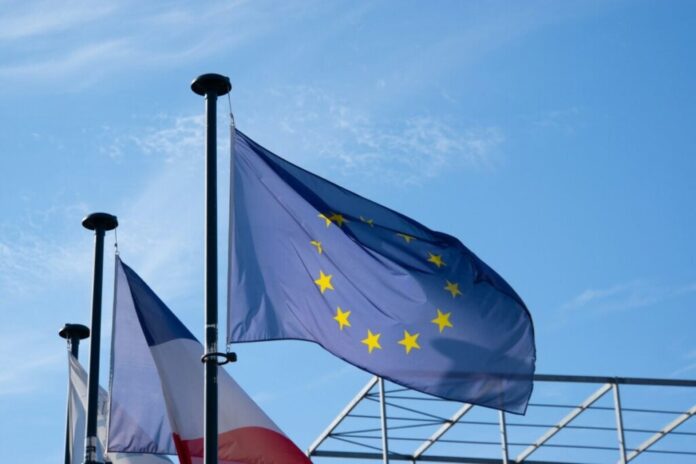The European Central Bank (ECB) may need to change its monetary policy to prevent inflation in the eurozone from falling below its 2% target, according to François Villeroy de Galhau, the French central bank governor.
To boost a struggling economy, the ECB recently cut interest rates by 25 basis points after inflation dropped to 1.7% in September, particularly affecting Germany’s growth.
“The risk of falling short of our target is now as significant as the risk of exceeding it,” Villeroy stated, urging the ECB to lessen its monetary policy constraints promptly.
The ECB’s Shift in Focus
The ECB is now focused on fostering economic growth rather than just controlling inflation. Villeroy noted that economic growth risks are currently leaning towards the negative side.
The forecast for real GDP growth is 0.7% in 2024 and 1.2% in 2025, slightly lower than previous estimates, prompting calls for more interest rate cuts from Villeroy.
Future Policy Guidance
Despite inflation being below the 2% goal, the ECB hasn’t specified future rate changes. President Christine Lagarde stated they would keep rates “sufficiently restrictive” to achieve their target.
Lagarde believes the disinflation process is on track with recent data trending downwards. Since June, the ECB has cut its deposit rate three times to 3.25%, marking the first such consecutive cuts in 13 years.
Villeroy also noted that low consumption, despite rising incomes, and a high saving rate (15.7% in Q2) are reasons for the cut.
Geopolitical Factors in Rate Decisions
Geopolitical issues are influencing the ECB’s decisions. Villeroy emphasized they must adapt quickly in a uncertain global environment.
Concerns about Donald Trump imposing new tariffs persist, along with ongoing instability from the Ukraine conflict and tensions in the Middle East. However, fears of a wider conflict have lessened.
Lagarde noted that Europe, as a major economy, is particularly vulnerable as global trade dynamics change from open to fragmented trade.
She expressed optimism, suggesting Europe can find opportunities amidst uncertainty if approached with the right mindset.
Disclaimer
Opinions in this article are not investment advice and reflect the authors’ views. European Capital Insights is not liable for financial decisions made based on this article. It is for informational and educational purposes only.
This article is from an unpaid external contributor. It does not represent Benzinga’s reporting and has not been edited for content or accuracy.
Market News and Data brought to you by Benzinga APIs
© 2024 Benzinga.com. Benzinga does not provide investment advice. All rights reserved.

